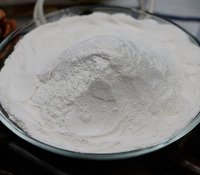DSIP (Delta sleep-inducing peptide)
Product Quick Detail
- China
- Hunan
- Packaging
- Vial
- Delivery
- 15 Days
Specifications
- Country: China (Mainland)
- Business Type:
- Market:
- Founded Year:2013
- Address:天元区黄山路388号华晨御园10栋2804室
- Contact:Fiona Chen
Other products from 株洲远成合中科技发展有限公司
Relate products of DSIP (Delta sleep-inducing peptide)
BAT1100B-E60 delta robot is a 2-axis parallel robot with a rated payload of 60kg, which has the characteristics of high speed and precision, small footprint and strong rated power. The delta industrial robot contributes to a flexible production during high precision and high ...
BAT-B parallel delta robot is also called two axis robot arm. It is a small high-speed industrial robot widely used in grasping, sorting, handling, transporting, assembly, painting and other processes. The optimized parallel kinematic design makes the 2 axis pick and place ...
Pig hide contains a large amount of collagen that can be converted into gelatin during cooking. Gelatin has a network structure, which can bind a lot of water and enhance the physiological metabolism of cells. The main component of protein in pig skin is collagen, which ...














